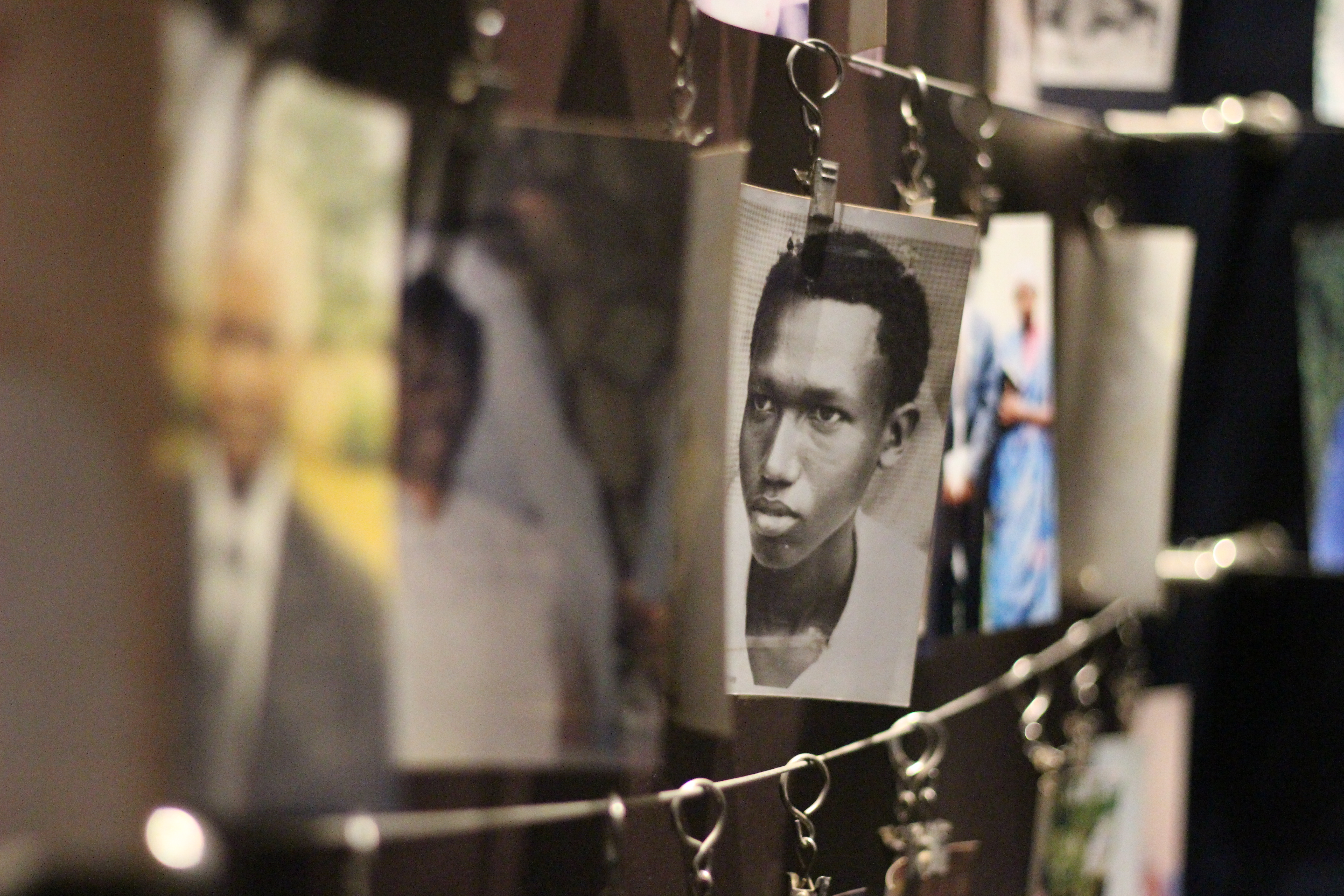
The Permanent Mission of Rwanda in collaboration with United Nations Institute For Training and Research (UNITAR) presents an exhibition dedicated to the International Day of Reflection on the 1994 genocide against the Tutsi in Rwanda.
Can we imagine peace and reconciliation without remembering? Acknowledging the presence of some truly dark pages in the history of our global humanity, especially in its most recent period, constitutes an important element of ensuring that egregious violations of basic human rights and freedoms are avoided in the future. Having the promotion of peace at the core of its mandate, the United Nations consistently commemorates the victims of the most appalling cases of crimes against humanity, suchas Holocaust, massacres in Kosovo or the grievously famous 1994 Genocide in Rwanda.
This is away not only to pay the tribute to the memory of thousands of innocent lives, but also to showcase that there is no such a level of development or technological progress that could make us completely immune to some ominous aberrations in human behaviour towards each other.
However, recognizing past crimes is only the first in the long sequence of steps needed to be taken in order to build a peaceful and collaborative future. Conflicts form an inherent part of our everyday experience, and therefore being able to tackle them constructively is an essential life skill that should be acquired from the early stages of child development, not least of all with the help of adults. In this sense, eliminating the mere opportunity of a resort to violence as a way of conflict resolution through innovative, participative and critical educational programmes is the surest mechanism of early conflict prevention at every level: from the interpersonal to the community and the international one.
This widely adopted vision is driving experts and think-tanks to design and educational institutions – to increasingly integrate into their curriculums the elements of peace education. The latter enjoys various forms of delivery: from traditional courses to informal activities, like those involving artistic or game components, among else. Training adults – parents, teachers, activists and policymakers – who could maintain and lead cutting-edge educational projects as peace educators is not a minor issue either.

